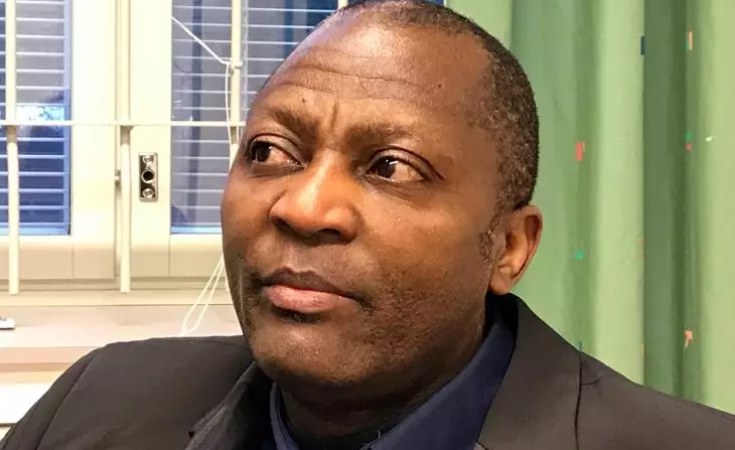Monrovia, Liberia — "He (Massaquoi) used to catch people and put them in the house and burn them," said Soldier 13.
A man has alleged that he was part of a group of former Sierra Leonean rebels that burnt people alive in Lofa County.
"Soldier 13," (name given by the Finnish Appeals Court to protect him from retribution), said other soldiers from the Revolutionary United Front, (RUF), included Gibril Massaquoi, who is accused by prosecutors and some witnesses of committing and commanding gross human rights violations in many towns in the county and at Waterside in Monrovia, including rape, torture, murder.
"He (Massaquoi) used to catch people and put them in the house and burn them," said Soldier 13, a prosecution witness on direct examination. "I remember how I was in some of the villages and GM (an alleged name for Massaquoi), and I used to be in those towns."
Ritual killing is one of the charges prosecutors are insisting on appeal Mr Massaquoi committed and that the Pirkanma District Court was wrong to have acquitted him in April 2022.
Prosecutors are also arguing that Mr Massaquoi, an informant for the then UN-backed Special Court for Sierra Leone, sneaked out of his "safe house" and came to Liberia to back forces from the Liberian government, who were battling rebels from the Liberians United for Reconciliation and Democracy (LURD).
Charles Taylor, who, the Special Court in April 2012 convicted and sentenced to 50 years for fueling the Sierra Leonean civil war, was the President at the time.
But during cross-examination, Wednesday's lone witness flipflopped on other issues. Soldier 13, who claimed he was recruited as a child soldier in Sierra Leone by RUF soldiers, said he was part of a delegation of soldiers that included Sam Bockarie, Issa Seysay and Mr Massaquoi.
He told the Court that he came to Liberia in 1999, when the RUF rebels, who were fighting against the government of Joseph Momoh, the Sierra Leonean President at the time, agreed to a ceasefire.
Soldier 13 had told the Court they were based in Kolahun for about two to three years, where they were helping Liberian government troops battle LURD rebels on the frontlines.
But on cross-examination, defence lawyers reminded him that he had previously told the District Court that he was in Vahun for over three years.
The witness said it "was something were we passing," and said he and his "bossman, Sam Bockarie was there (Vahun) for 1 year, 3months, passing through." He did however maintain that they were based in the area for "3 years."
Defence lawyers also brought about another point of prior inconsistent statement in which he told the District Court that he was in Kolahun for seven months.
"At that time, we used to go there, we were not based there," said Soldier 13. "Like I said, we used to go to Kungbohun and come."
The witness said as soldiers, they were not based in a particular town. He said they patrolled several towns and villages, including Kamatahun, Gbolahun, Yendehun, Masasabolahun, Susubolahun, and Popolahun.
The hearings continue on Friday.
The coverage of the appeal of Massaquoi's acquittal is a collaboration with New Narratives as part of the West Africa Justice Reporting Project.


